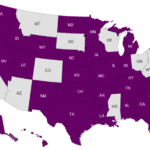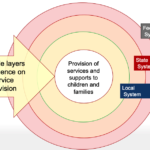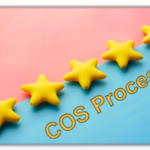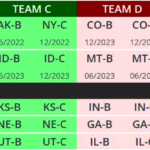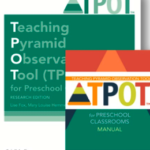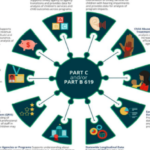In this session, participants explored mutual partnerships and data sharing between state Part C and Early Hearing Detection and Intervention (EHDI) programs. Presenters summarizes key data reporting requirements, information from federal technical assistance centers, and resources developed by the EHDI Outcomes Data Committee.
Part C and EHDI Data Partnerships: Sharing Resources and Experiences
